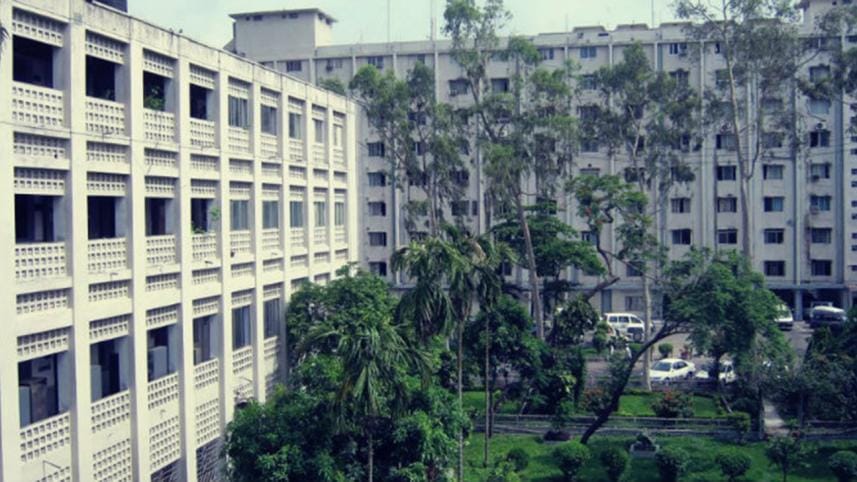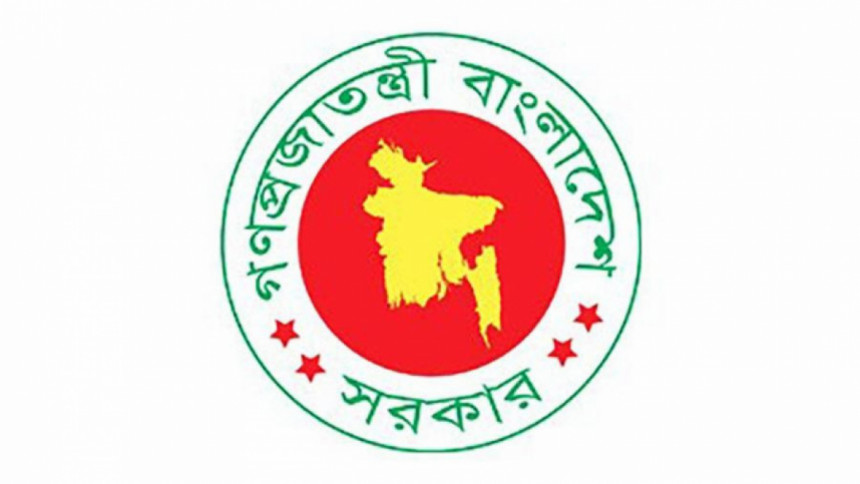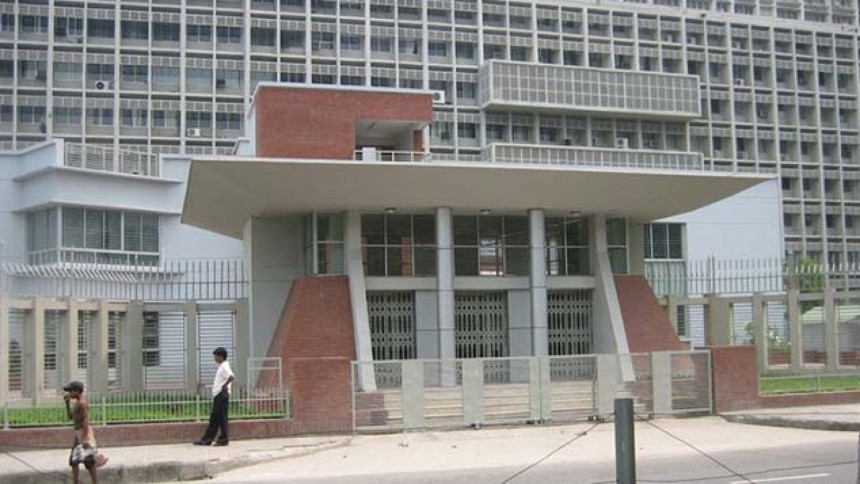Civil admin still on edge

Chaotic is the word that best describes the days at the Secretariat after the fall of the Sheikh Hasina government of 15 years on August 5.
Those who were denied promotions for political reasons or poor track records; those who were given promotions but not their placement of choice; and those who are in good positions but were denied a big promotion for below-par performance are agitating -- all at the same time.
Throughout last week, processions were seen every few hours. None of those were to press home demands for improved public services but for personal benefits.
"This administration is rotten. We have failed to set a good example."
"I have never seen such a situation in my 29 years of service -- it is unimaginable that BCS cadres of the Secretariat can behave like this," said a secretary who asked not to be named to speak candidly on the issue.
It is a "chaotic' situation", he said, adding that such a situation has arisen due to a lack of qualified leadership.
"This administration is rotten. We have failed to set a good example in the administration," the secretary added.
So disorderly are things that the ministries housed in the Secretariat have not been able to do their normal work since August 5.
However, the ministries and departments that have new advisers or secretaries are returning to normalcy.
To avoid getting heckled, Mohammed Mezbah Uddin Chowdhury, the senior secretary of the ministry of public administration, comes to the Secretariat occasionally.
But he is struggling to handle the aspirants for promotion, The Daily Star has learnt with people familiar with the proceedings.
The chief adviser is at the helm of the ministry along with several other ministries. The ministry, the most important in state administration, does not have a dedicated adviser.
Besides, Cabinet Secretary Md Mahbub Hossain is not coming to the Secretariat at all from August 6. He is discharging his duties by going to the office of the chief adviser of the interim government or the Bangabhaban.
The Daily Star spoke with a host of mid-level officials, who attributed the current state of general administration to two issues.
Firstly, the top brass of the current administration -- the secretaries -- have not been able to set an example of integrity in their work and leadership.
"This is why most of the secretaries did not join office after the fall of the Hasina government. As a result, subordinates do not respect them," said one of the officials.
During the past regime, the top officials have only spent their time taking various benefits including promotion, and contractual appointments, said a joint secretary of the public administration ministry on the condition of anonymity.
In the last decade and a half, no administrative reforms were done, and those who wanted to push for reforms were not allowed to work, he said.
"Despite having a lot of merit, some officers were cornered along with some corrupt ones. However, incompetent, corrupt and partisan officials were mostly promoted. As a result, many of the beneficiaries of the previous government are trying to destabilise the administration by claiming they have been deprived," the joint secretary added.
Those people with a view to safeguarding personal interests including transfer, appointment, promotion and change of designation exploited the vacuum in governance for the first three days after the fall of the Awami League government, officials said.
During the tenure of the previous government, the most privileged employees at the Secretariat were the officers of the administration cadre.
The chaos at the Secretariat was initiated by officers of this cadre on August 6.
After that, officers of the other cadres started presenting their demands.
Officers coming to the administration cadre through the deputy secretary pool are the most vocal protesters.
They say that even if they join as deputy secretaries from different cadres, they are not properly evaluated by the administration cadre officials.
At the time of promotion, they are overlooked. On August 12, they made a complaint to Mezbah Uddin, the public administration ministry's secretary.
On the other hand, the lower-grade employees (10th to 20th) have joined in the chorus. On August 15, they gave a memorandum to Youth and Sports Adviser Asif Mahmud and others with various demands.
Even though the interim government assumed responsibility on August 8, no specific instructions have come about the general administration.
Doubts have also arisen over whether these officers, who are on contract, will remain in office as the government has announced that all contracts will be cancelled.
There is no clear message about whether there will be a change in the other important posts of the administration such as that of the cabinet secretary and the secretaries of the public administration, finance, local government and law ministry.
As a result, no one can perform their duties with confidence. This is another reason for the crisis.
Meanwhile, the employees of the food department are set to protest against the corruption of the former minister and the current secretary of the food ministry. They are scheduled to hold a rally in front of the Food Directorate.
Earlier on August 14, the employees of the Directorate of Agriculture Extension (DAE) in the capital demanded the trial of the former agriculture secretary Wahida Akhtar in the conference room of the Directorate.
Meanwhile, Dhaka Mass Transit Company Limited employees working in grades 10 to 20 are on indefinite strike for more than 15 days.
As a result, metro rail services are yet to resume despite instructions from the advisory council of the interim government to start operations yesterday.
The administration is led by secretaries and if they can't lead by example, it is natural that such a crisis will emerge, said Firoz Mia, a former additional secretary at the ministry of public administration.
"Earlier, we would hear that qualified officials were not appointed to the top posts, but now it is out in the open," he added.
Ali Imam Majumder, an adviser to the interim government, and Mezbah Uddin, could not be reached for comments.




 For all latest news, follow The Daily Star's Google News channel.
For all latest news, follow The Daily Star's Google News channel. 

Comments